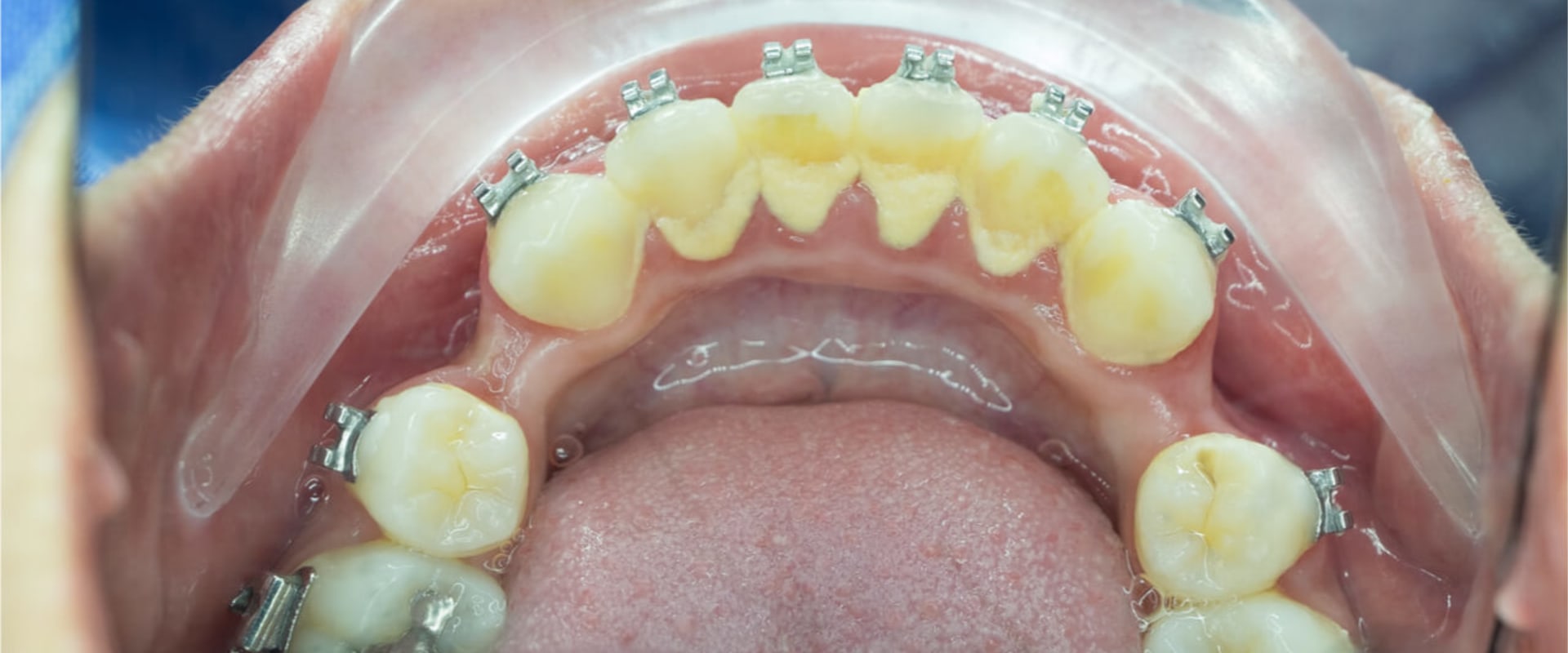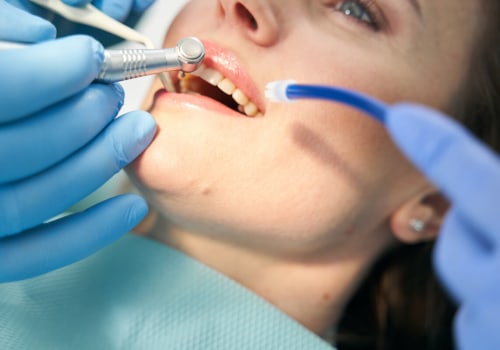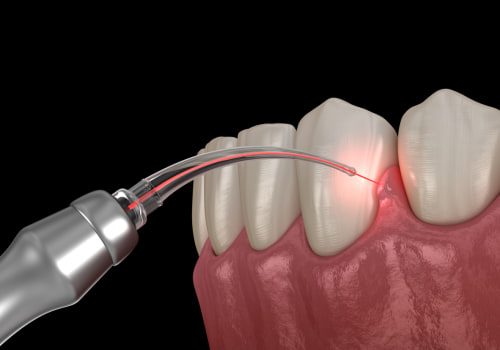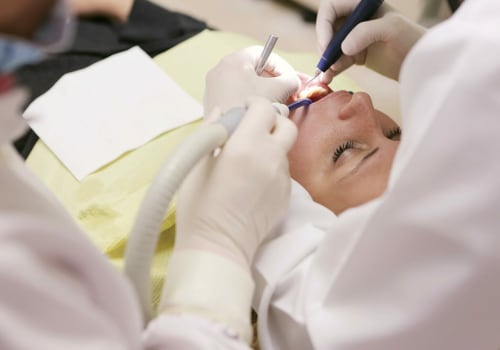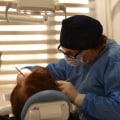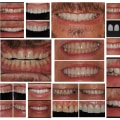The answer to the question about orthodontic treatment for gum disease is both “yes” and “no”. According to a study published in International Scholarly Research Notices (201), orthodontic treatment is only possible when the disease is carefully controlled before, during and after the treatment. Gum disease is one of our most common dental diseases, affecting both children and adults. If you're thinking about wearing braces or aligners, it's important to make sure your gums are as healthy as possible before starting orthodontic treatment.
In both young and old patients, gingivitis (mild gum disease) can result from poor brushing and flossing habits. When plaque builds up around your teeth and gums, it irritates the delicate gum tissue, causing the gums to become inflamed and symptoms such as redness, swelling, tenderness, bleeding, and bad breath may occur. Usually, the dentist can treat the early stages of gingivitis with advice on how to brush and floss more efficiently, professional cleaning, and suggestions for mouthwashes if needed. Because brushing and flossing your teeth with braces can be more difficult, you should pay special attention to your cleaning routine to prevent gingivitis from developing after starting treatment. Talk to us at any time about how to brush and floss your teeth most effectively when you wear braces.
We can also recommend tools designed especially for those who wear braces to keep their teeth and gums as clean and free of plaque as possible. If you're a candidate to use clear aligners, this option can help you keep your teeth as clean as possible. We'll work with you to keep your gums healthy while orthodontic work is done. For older patients, gingivitis, if left untreated, can end up causing periodontitis (serious gum disease). This chronic infection can cause pockets to form between the gums and teeth, which harbor bacteria and infections.
Over time, periodontitis can lead to the destruction of gum tissue, ligaments, and bones. If left untreated, it can lead to tooth loss and even bone and tooth loss. However, having periodontal disease won't stop you from getting braces, as long as your dentist or periodontist fully controls your periodontal disease. This means that you are undergoing regular treatments and cleanings. Once you get authorization from your dentist or periodontist, you can begin orthodontic treatment. However, wearing braces with an active gum infection can put your teeth at risk.
Braces displace teeth by applying continuous pressure over time. If the gums become infected or inflamed at any point during this process, the results could be affected. Deep cleansing procedures such as scraping and root smoothing, topical and oral antibiotics, and oral surgeries such as flap surgery or bone and tissue grafting can help reverse the effects of periodontitis. If you make sure to schedule regular dental exams, your dentist or periodontist will be able to detect and treat any signs of periodontitis as soon as possible. The accumulation of bacteria can also lead to infections and gum disease, also known as periodontal disease.
Because periodontal disease can affect the surrounding structures of the teeth to the point of causing bone loss in severe cases, using braces that constantly stretch and reposition the teeth could put the structure of the teeth itself at risk. The Centers for Disease Control and Prevention (CDC) states that nearly half of adults over 30 have periodontal disease while the percentage is around 70% for adults over 65. To avoid this risk when undergoing orthodontic treatment, your dentist will first undergo a periodontal exam to evaluate the structures of your mouth and your overall health. In conclusion, it is possible for patients with periodontal disease to get braces if their condition is carefully controlled by their dentist or periodontist before beginning treatment. However, it is important for patients with braces to pay special attention to their oral hygiene routine in order to prevent further complications.
